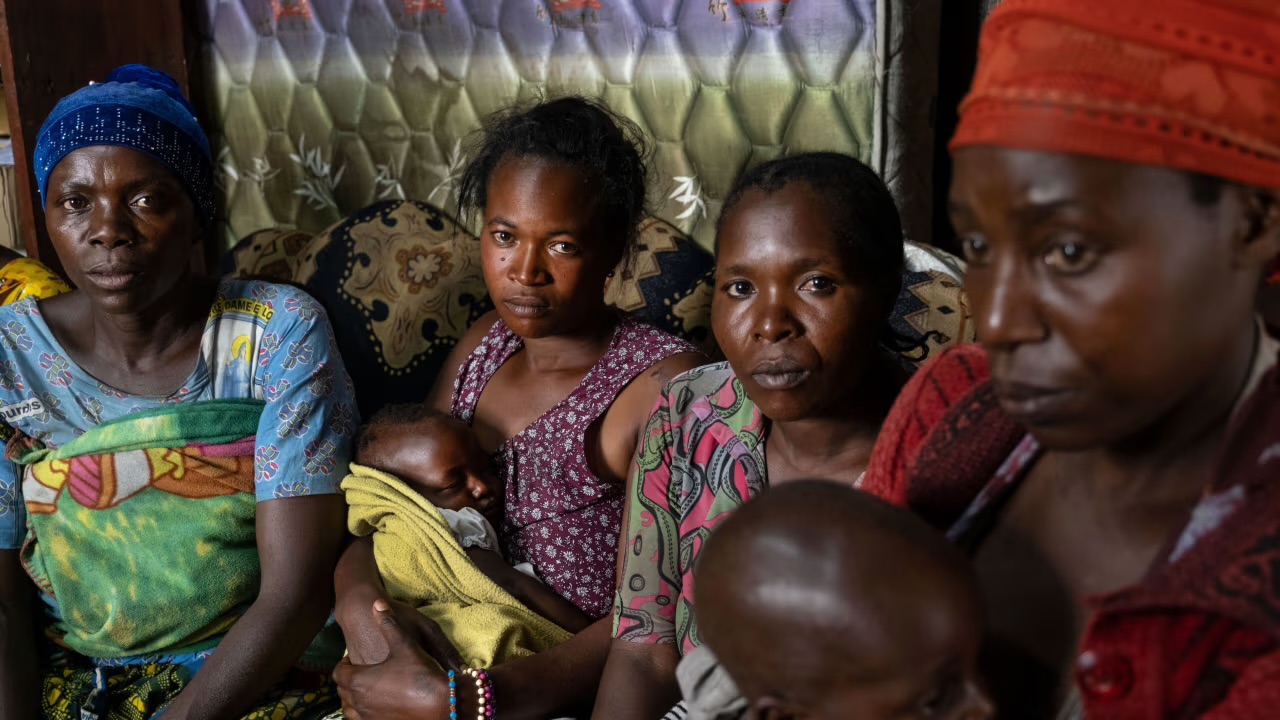A shocking new study published in the American Journal of Public Health has revealed that more than 1,100 women are raped every single day in the Democratic Republic of Congo (DRC), highlighting one of the world’s most devastating and underreported humanitarian crises.
The Records
The study estimates that over 400,000 women aged 15 to 49 were sexually assaulted between 2006 and 2007, a figure 26 times higher than previous United Nations reports, which placed the number at around 15,000.
Lead author Amber Peterman told AFP that the findings point to a serious underestimation of sexual violence in earlier reports.
Read Also: South Africa Considers Decriminalising Sex Work: A Major Shift in Policy
This Is What She Had Say
“Our results confirm that previous estimates of rape and sexual violence are severe underestimates of the true prevalence,” she said.
Researchers also noted that their data excluded sexual violence against men, boys, and children under 15 — suggesting that the real figures could be far higher.
“Even these new, much higher figures still represent a conservative estimate,” Peterman added, citing widespread stigma, fear, and impunity that prevent survivors from coming forward.
The DRC, which endured brutal civil wars between 1996 and 2002, remains plagued by ongoing violence in its eastern regions, where armed militias and rebel groups frequently target civilians. Human Rights Watch has reported that sexual violence in the country doubled between 2008 and 2009, underscoring the persistent vulnerability of women and girls.
One heartbreaking case highlighted in the report involved a woman from the town of Fizi, who was among nearly fifty women assaulted by Congolese soldiers on New Year’s Day, 2011. Her son sustained a severe head injury after soldiers threw him to the ground. A Congolese court later sentenced an army colonel to 20 years in prison, convicting him of crimes against humanity — one of the few instances of accountability in such cases.
This grim data sheds light on the systemic nature of gender-based violence in conflict zones and raises urgent questions about justice, protection, and the international community’s responsibility to act.
As the DRC continues to struggle with insecurity, corruption, and instability, advocates are calling for stronger mechanisms to support survivors, prosecute offenders, and dismantle the culture of silence that allows such atrocities to persist.

